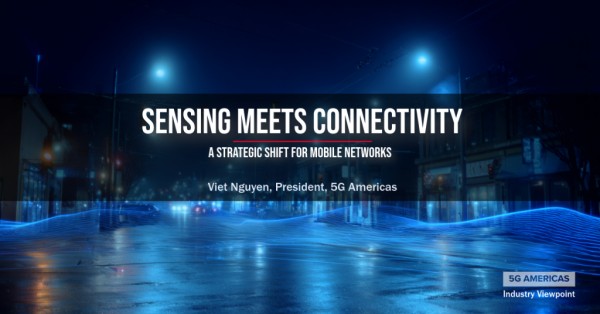Nokia successfully piloted its 4G and 5G Fixed Wireless Access (FWA) network slicing with African mobile operator Safaricom on its live commercial network. The trial utilized a multi-vendor network environment and included RAN, transport, and core as well as software upgrades to a range of Nokia’s products and services.
Safaricom can now support new types of enterprise network services, including fast lane internet access and application slicing, with the success of the FWA slicing demo. Additionally, Nokia is enabling secured FWA slice connectivity to enterprise locations, as well as to private or public application clouds.
The multi-vendor pilot, which took place in Kenya’s Western Region, strengthens the strategic partnership between the two companies, with Nokia already providing a wide variety of services and solutions. The pilot demonstrated a number of solutions, including Nokia’s AirScale 4G/5G base stations, the NetAct network management and assurance system and Nokia’s FastMile 4G/5G CPE.
Network slicing enables operators the ability to divide a network into multiple virtual slices, which can be optimized for a specific target application or service. The end user of each network slice can then be serviced with different priorities, routing, levels of network performance and security capabilities. Slices can be managed and deployed in minutes, and each one has key performance indicators used for service assurance.
Nokia’s 4G/5G slicing solution, which received a prestigious award from GTI 2021 in the ‘Innovative Breakthrough in Mobile Technology’ category, supports LTE, 5G NSA and 5G SA technologies with slice service continuity between the networks. This enables slicing services for all LTE and 5G devices.
James Maitai, Network Director, Safaricom, said: “We are proud to have hosted Africa’s first successful pilot of 4G/5G FWA slicing on our network, and looking forward to tailoring our service offerings to individual customers and industries, to meet their needs for high-speed connectivity precisely and without unnecessary cost. Nokia’s expertise has been key to this success, and we anticipate many more strategic wins in this area as our business expands.”
Ramy Hashem, Head of Safaricom Customer Team at Nokia, said: “It is great to have successfully completed this pilot with Safaricom, which is a huge step forward in providing Safaricom with state-of-the-art connectivity. Early experience of new slicing technology is invaluable in understanding the new business opportunities it enables. Nokia was the first vendor to offer a slicing solution and we are looking forward to continuing our partnership with Safaricom in providing world-class 4G and 5G network slicing services to its customers.”

























